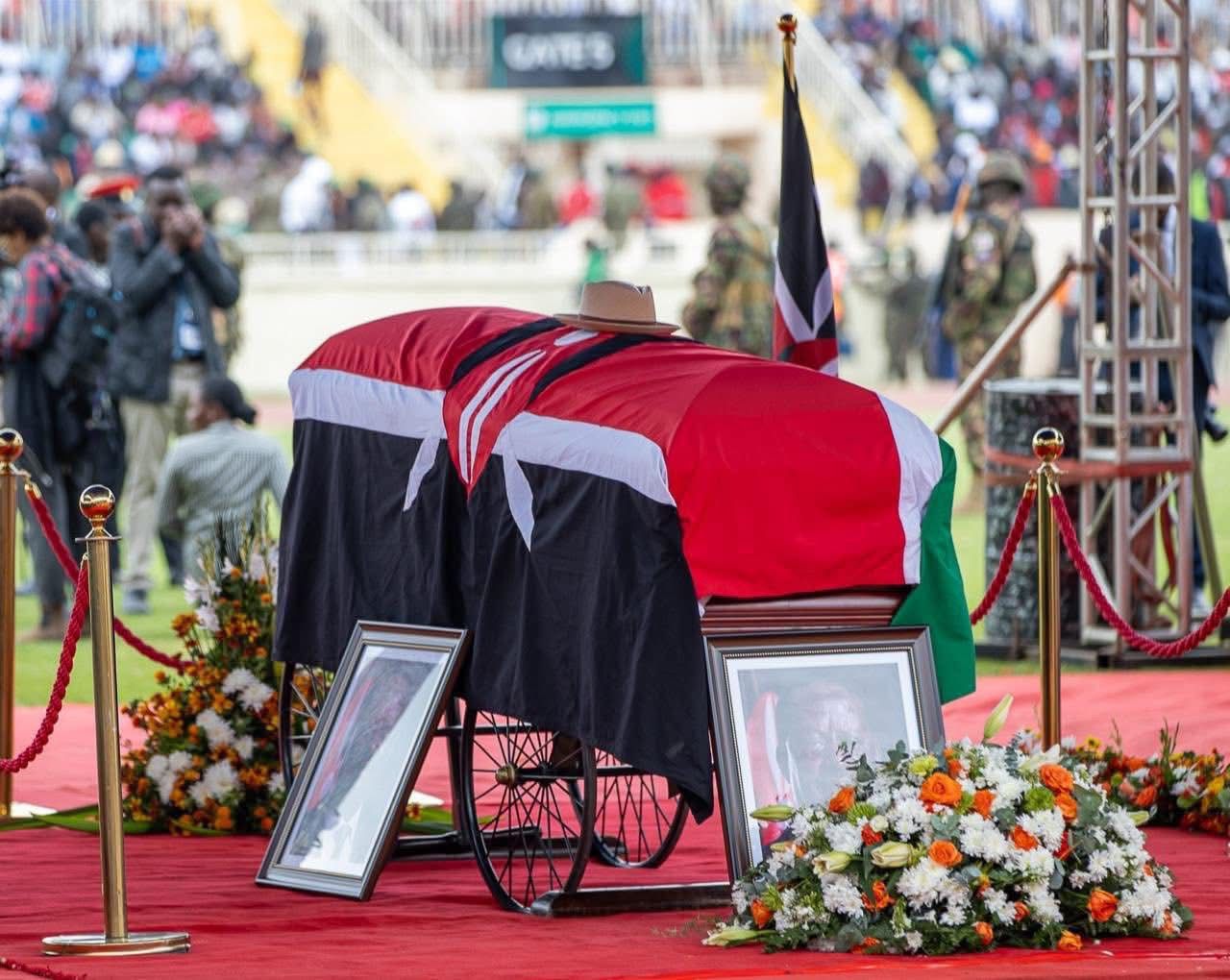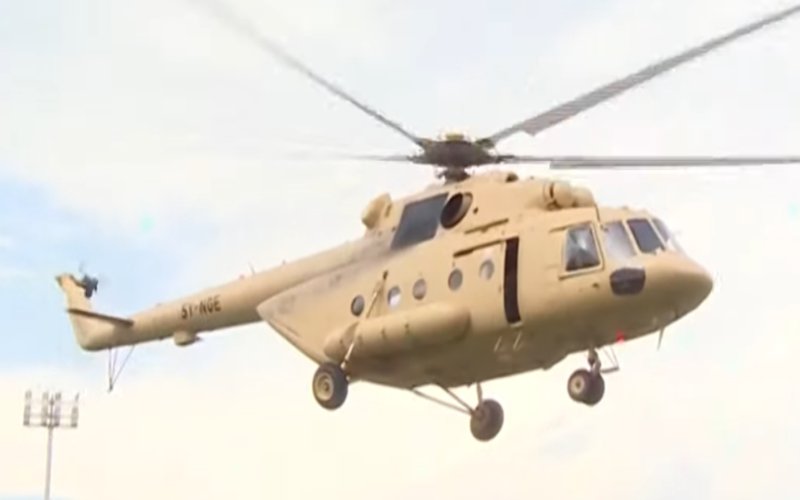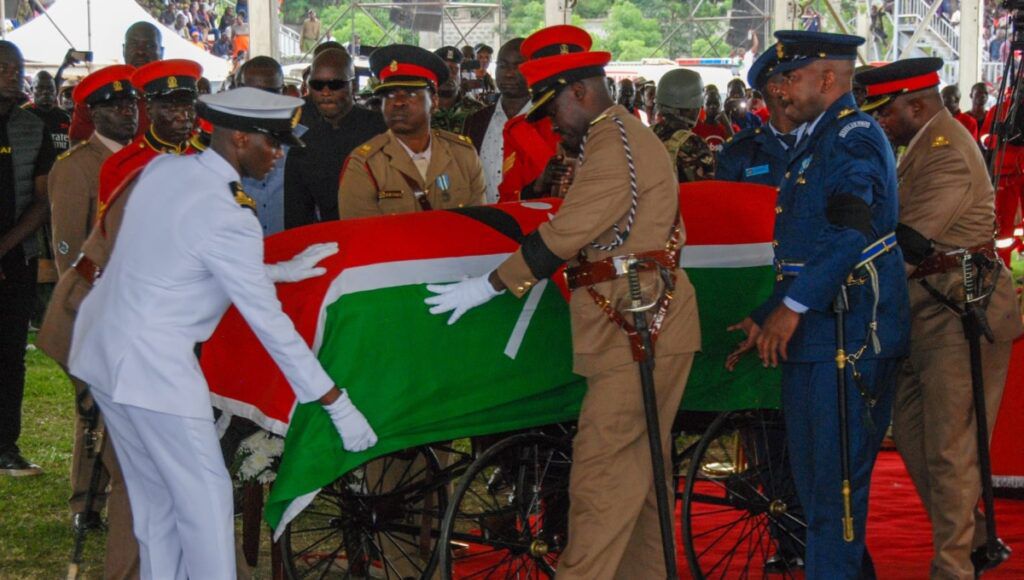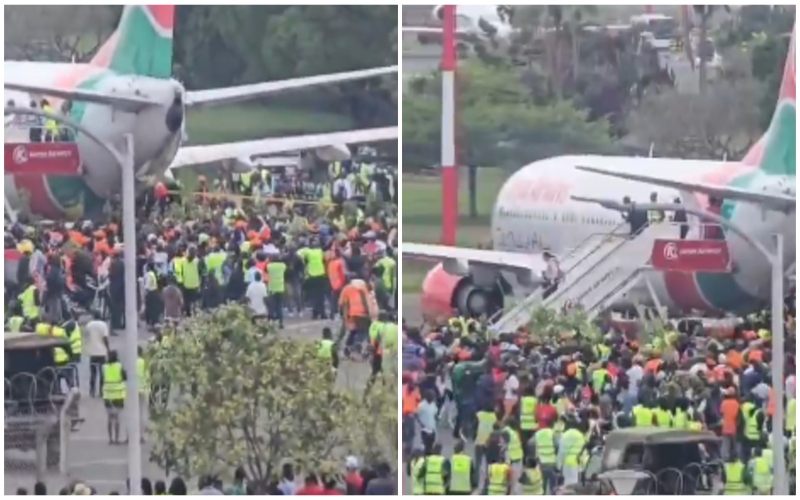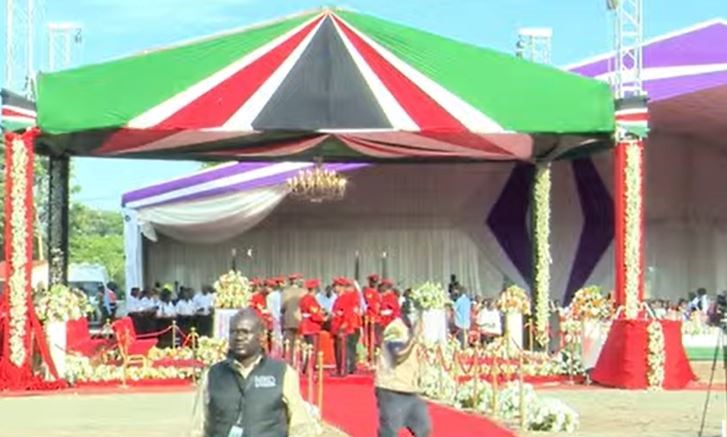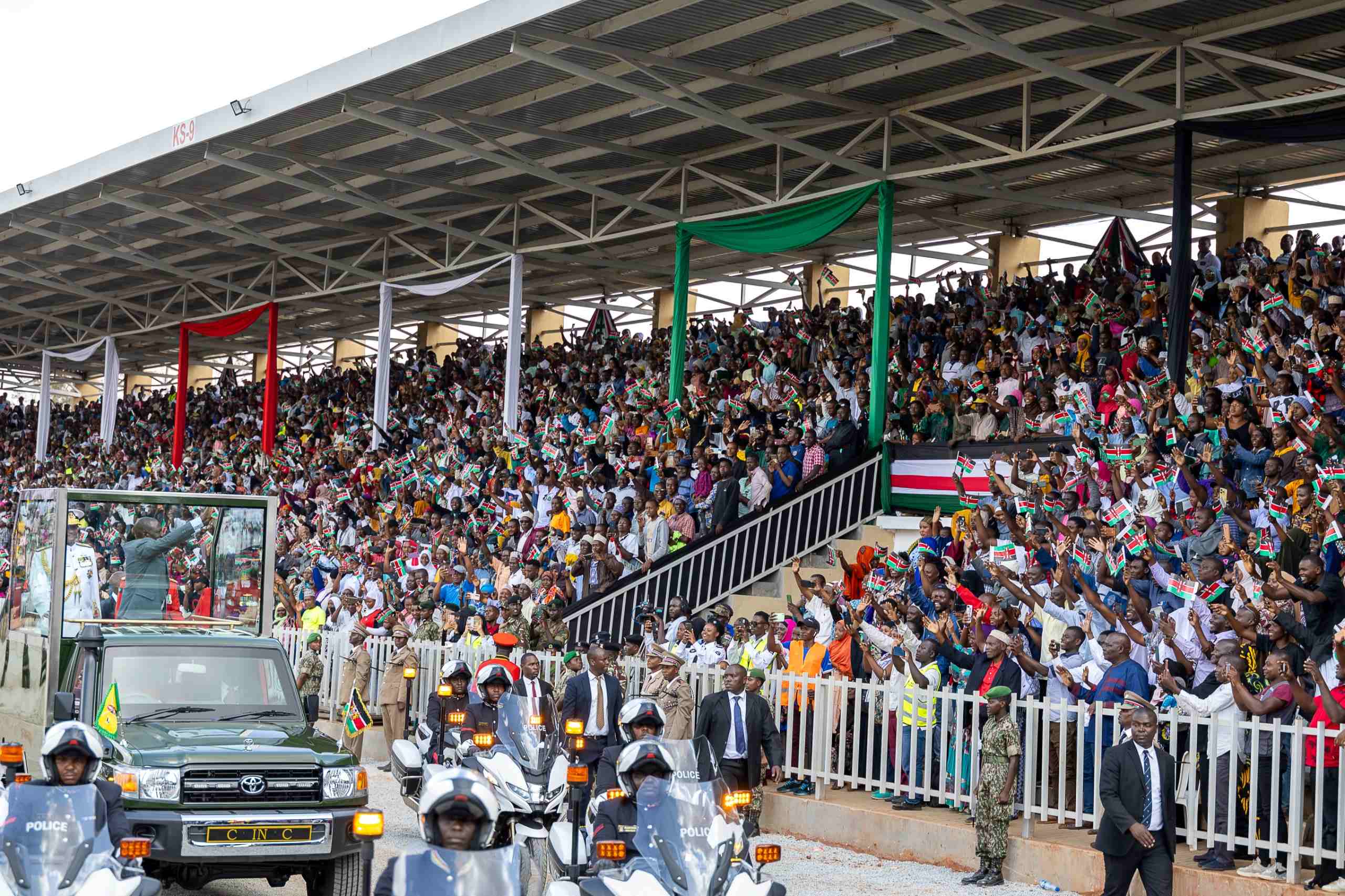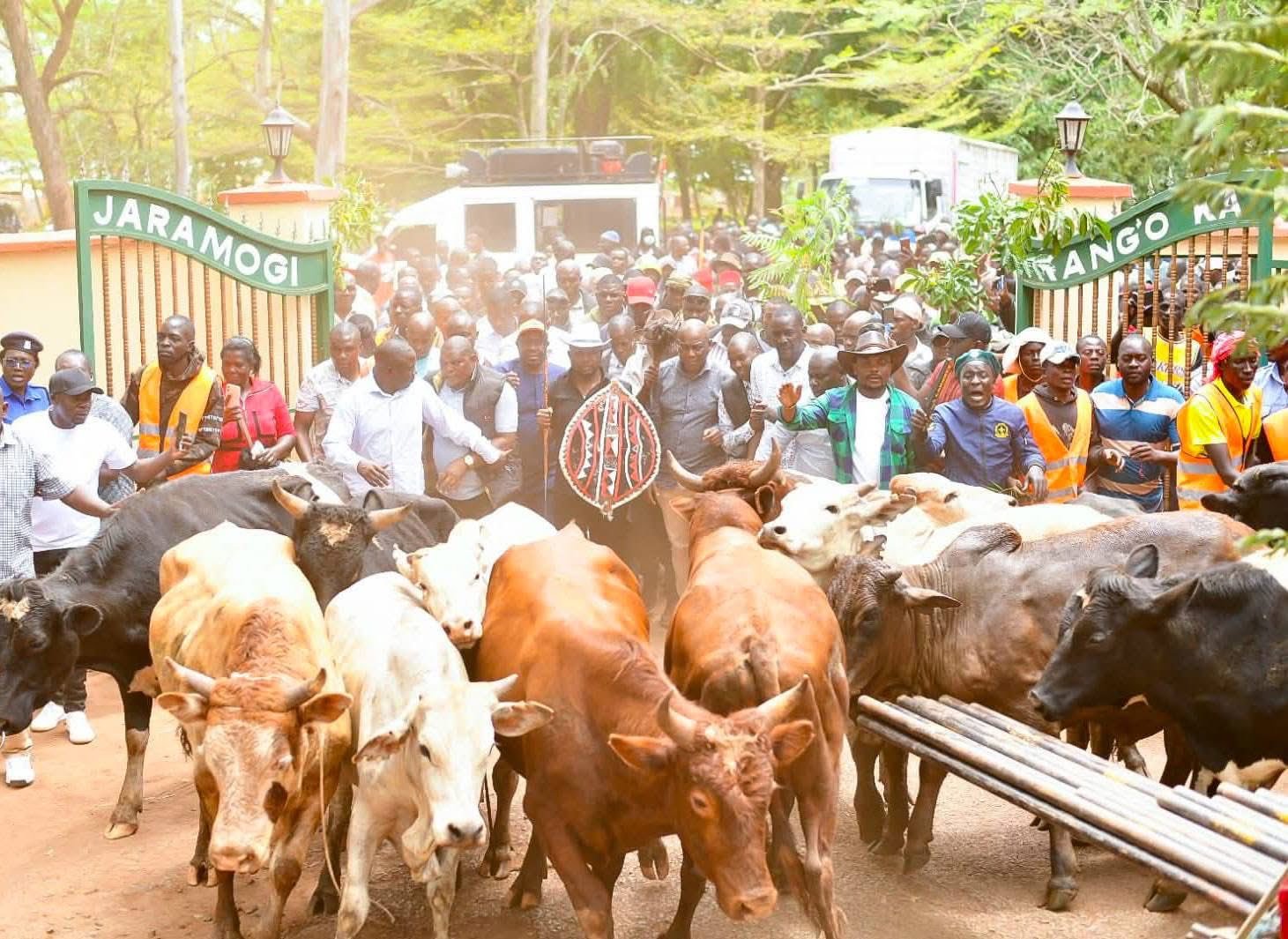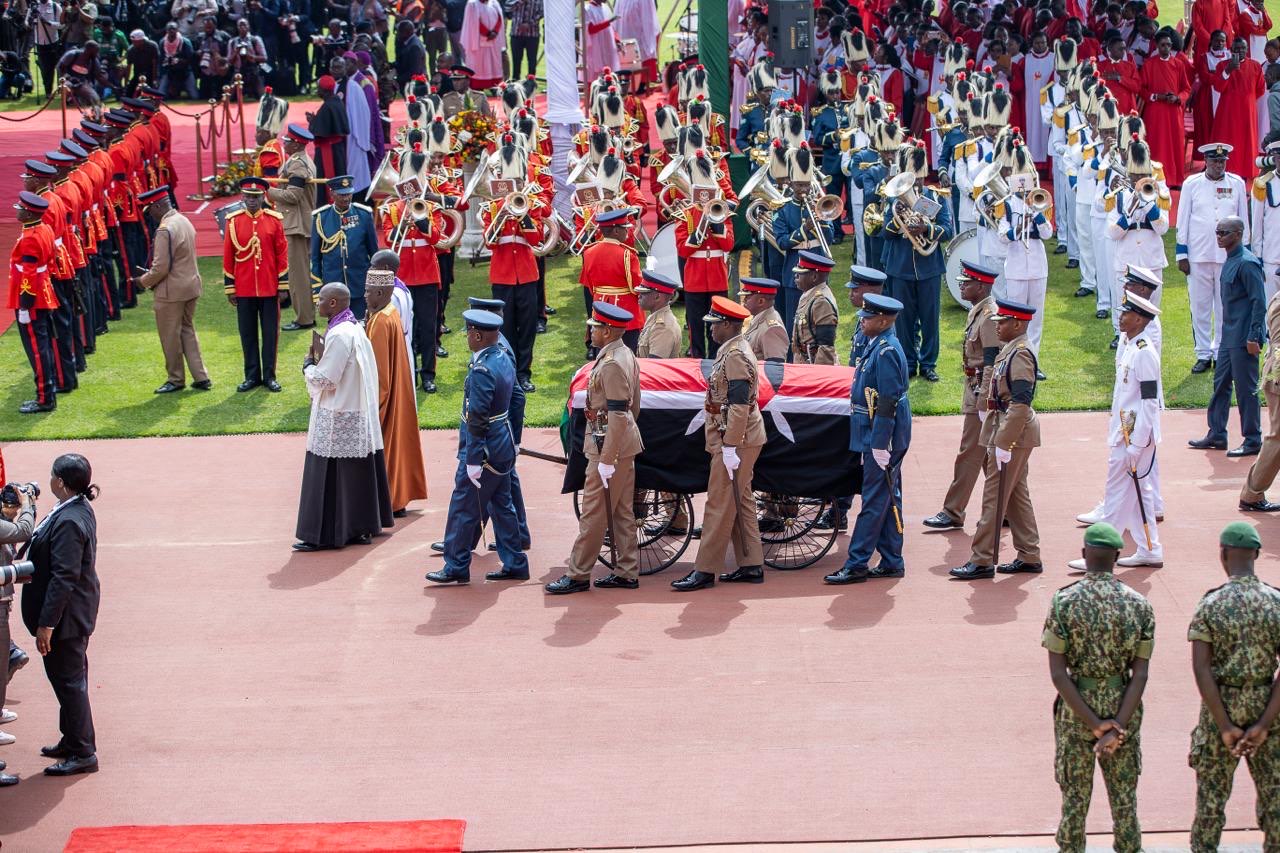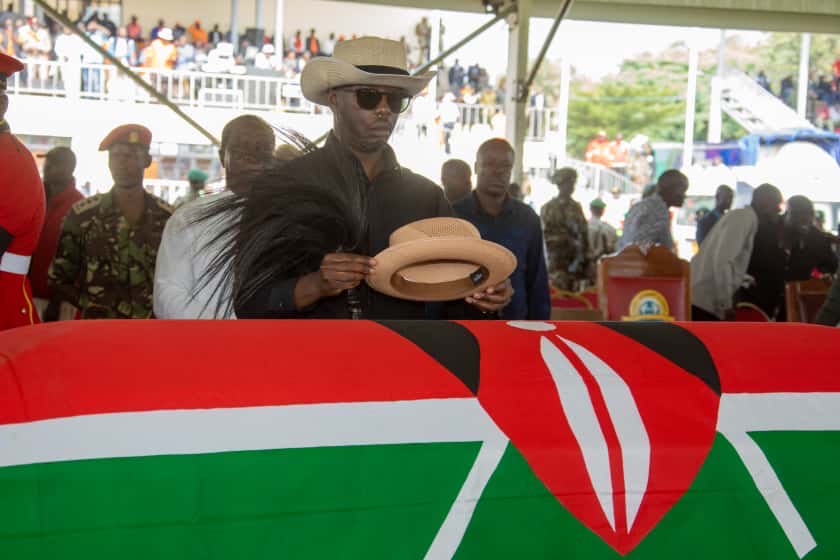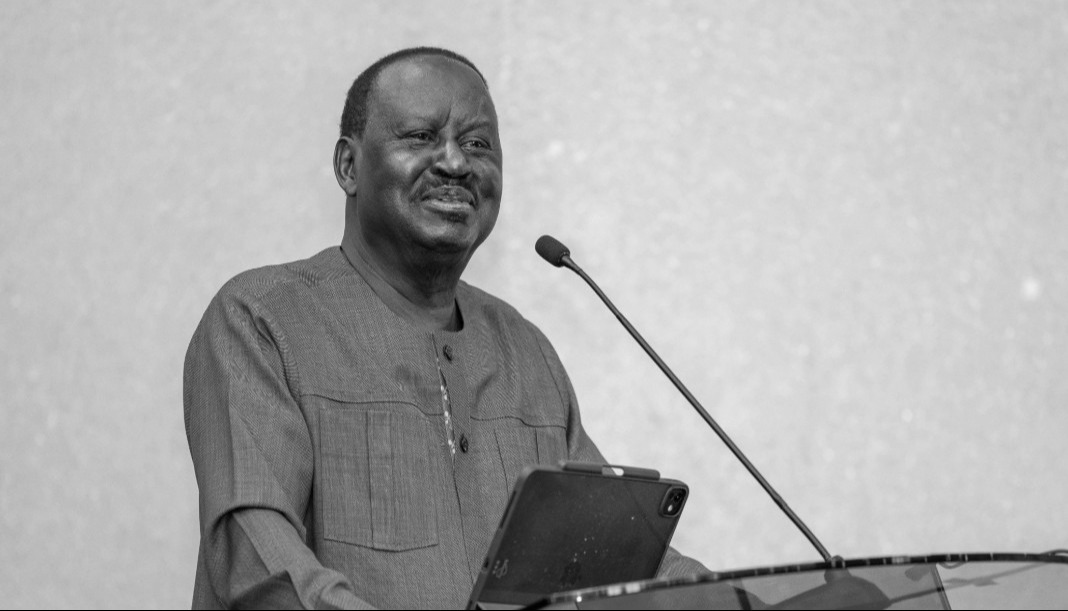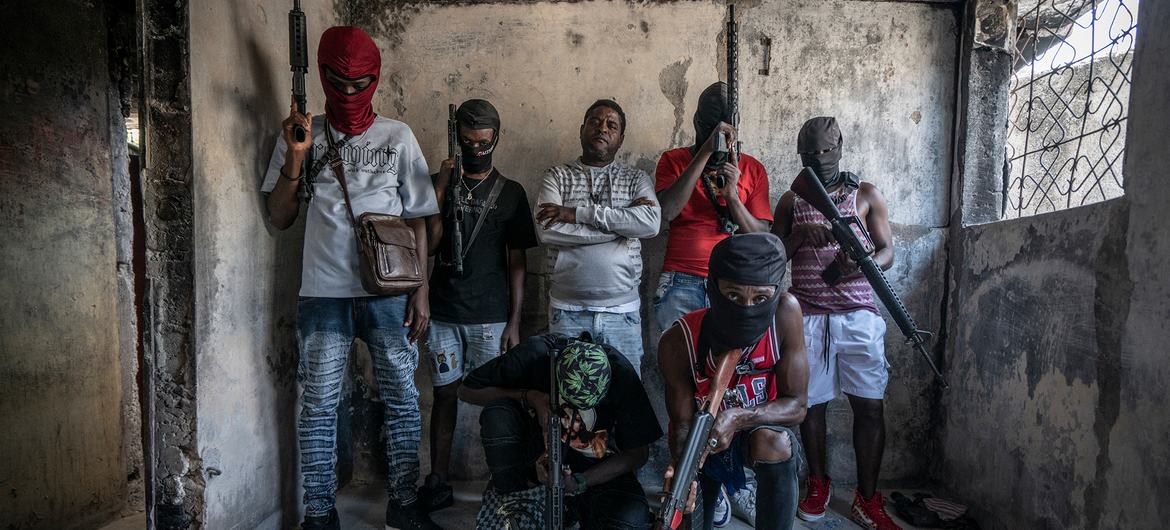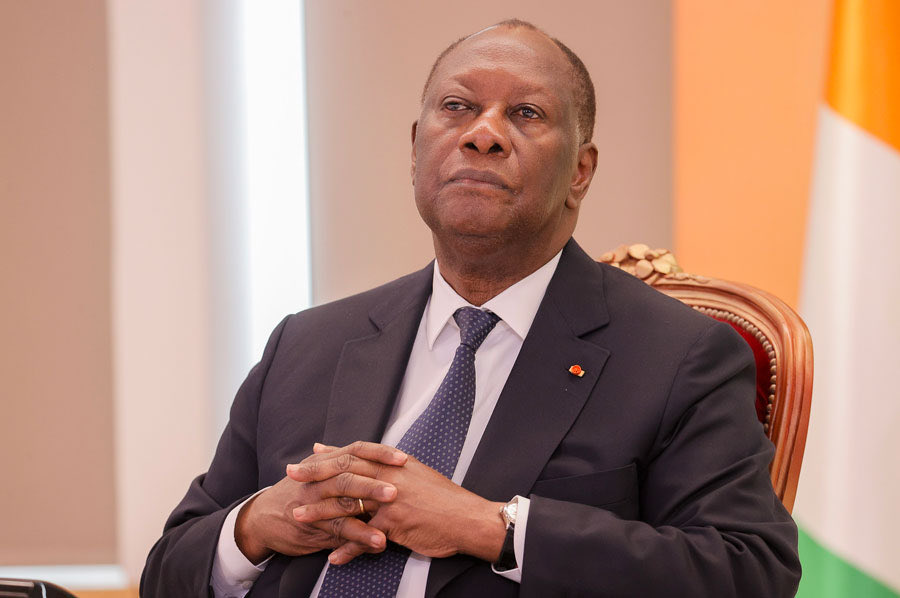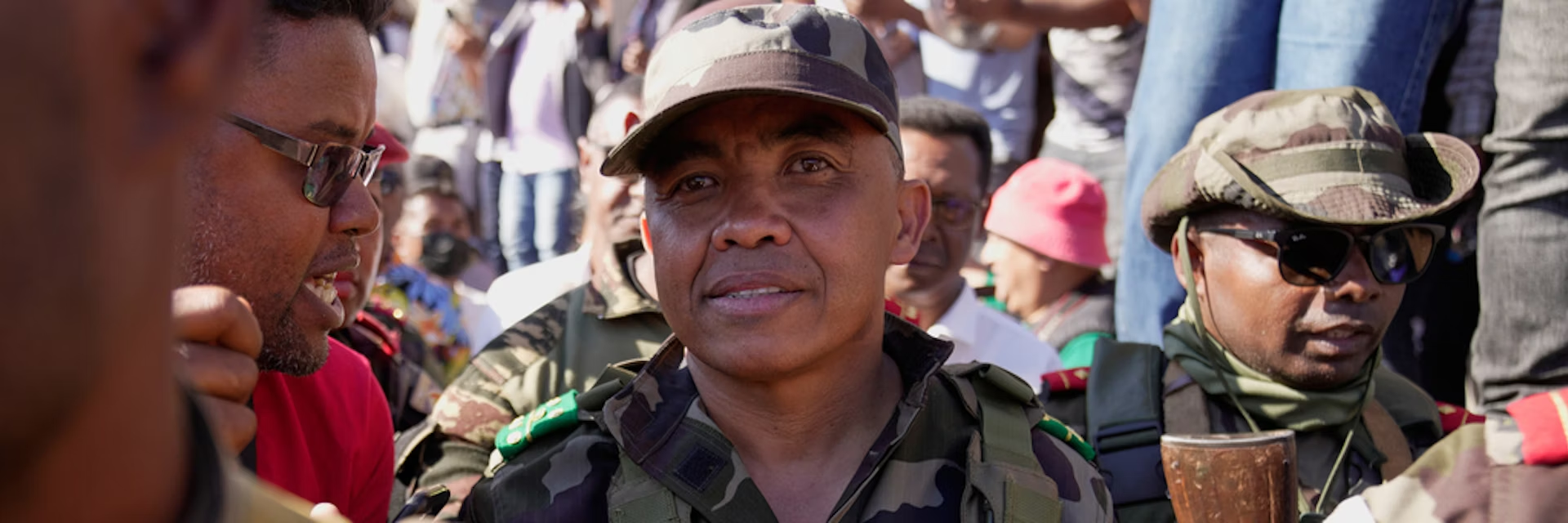Raila's AUC chair race: What is the post-hurdle process?

The new AU Commission will be expected to ensure greater efficiency, deliver on the institutional reform process, currently being championed by Kenyan President William Ruto and implement key AU flagship projects, such as the African Continental Free Trade (AfCFTA) and the extended mandate to 'silence the guns.
With Raila Odinga edging closer to the African Union Commission's (AUC) top job following the African foreign ministers' decision on Friday to drop the gender proposal, attention now shifts to the next steps in the election process.
The AU Commission is the secretariat of the AU, responsible for coordinating and liaising with member states, regional bodies, and external partners.
More To Read
- Edwin Sifuna blames Ruto’s foreign policy blunders for Raila Odinga’s failed African Union chair bid
- AU Commission finalises leadership team at Malabo meeting after months-long delay
- Backroom diplomacy as Kenya engages in last-minute lobbying for Raila’s AUC top seat bid
- Ruto: Preaching Pan-Africanism, dialling the West
- Djibouti's Foreign Minister refutes claims of stepping down in African Union Commission race
- Mjadala Afrika: Raila to face off with two rivals next week in AUC Chair debate
It consists of the chairperson, the coveted position Raila hopes to secure next February, a deputy chairperson, and six commissioners responsible for particular portfolios.
This structure mirrors that of a country's cabinet, albeit on a lean scale, and members of the commission serve four-year terms, which are renewable once.
The process of appointing these officials involves African leaders electing the chairperson and the deputy chairperson during the annual summit to be held early next year, while the Executive Council, composed of all the 55 African foreign ministers, elects the commissioners, who are then appointed by the Assembly of African leaders.
This is the second election since African leaders agreed to an institutional reform of the continental body in 2017 after a review of the body revealed that its complex structure and limited managerial capabilities had resulted in ineffective operational methods, subpar decision-making processes, and a deficit of accountability.
Raila's first step towards realising his ambition to lead the continent involves submitting a formal application through Nairobi, the capital, for consideration.
Capitals have until May this year to front their best candidates.
After Raila, who is also referred to as "Jakom" in his native Kenya due to his significant influence in social and political circles—a moniker earned from chairing important political discussions, among other things—submits his application, the AU will put him and the other candidates through a vetting exercise led by a panel of distinguished individuals.
The task of this panel, established to ensure candidates are chosen on merit and not solely through political dealmaking between states and regions, is to create a very competent shortlist.
This High-Level Panel of Eminent Africans comprises one personality selected from every region and will be assisted by an independent African consultancy firm.
The shortlisting phase aims to narrow the pool of candidates to those deemed most qualified for the position.
Factors such as leadership qualities, diplomatic experience, and knowledge of African and multilateral affairs will be key to getting a candidate shortlisted.
The new AU Commission will be expected to ensure greater efficiency, deliver on the institutional reform process, currently being championed by Kenyan President William Ruto and implement key AU flagship projects, such as the African Continental Free Trade (AfCFTA) and the extended mandate to 'silence the guns.
Shortlisted candidates will typically be invited for interviews conducted by a selection panel of eminent persons which will provide Raila the opportunity to present his vision, plans, and continental strategies.
This process will see the panel evaluate candidates' responses, demeanour, and overall suitability for the position before making a final list, which will be sent to the AU's 55 members by late 2024 in preparation for the annual summit which will appoint the final line up of the commission.
Nairobi's decision to nominate Raila will test the lobbying skills of the country's diplomats and its influence on the continent.
Although President Ruto has signalled that Raila Odinga is the candidate that eastern Africa will be clinging on to deliver AUC's top job to the region, this has stirred regional competition.
Somalia, which is part of the bloc, has already fronted its former foreign minister Fawzia Yusuf Adam as a rival candidate but none has so far made it to the final list.
During the election of the AUC deputy chairperson in 2021, the presence of four East African candidates' competing for the position indicated a region divided amongst itself.
Open contestation was evident between Rwanda and Uganda for the position. Uganda's attempt to have the elections postponed a few days before the summit failed.
The Rwandese candidate was elected to the position with 42 votes. It is not yet known whether Dr Monique Nsanzabaganwa of Rwanda, who is the current deputy chairperson, is interested in succeeding her boss, Moussa Faki.
The Eastern Africa region has not chaired the commission since its creation in 2002.
Top Stories Today
